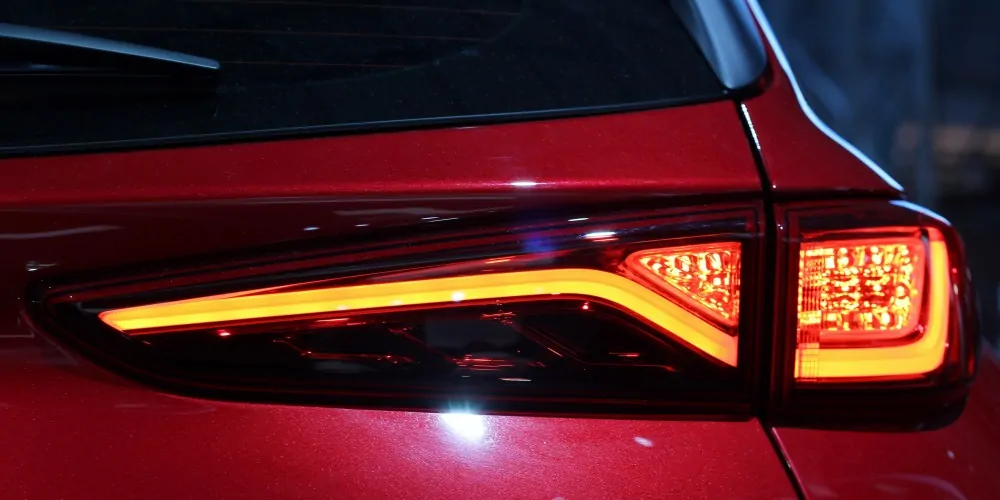Background
A major carmaker that produces several million vehicles a year benefited from ByteSnap’s app development services after the consultancy designed a custom fleet management app to track vehicle distribution in the UK.
The automaker’s UK operation is about fulfilling sales via a dealership network that has greatly expanded to fulfil a substantial increase in business following the upturn and the British government’s car scrappage scheme.
Internally, the spotlight was on manual methods of arranging for vehicles to be shipped from A to B from the firm’s import centre to reach dealers and customers. With sales booming but unnecessary delays from paper-based processes in managing fleet transport, there was a call for change and IT was in the driving seat.

Challenge
The key need was simply to automate paper-based manual services used by the company’s import centre, to allow real time actions to be performed on the company’s enterprise system.
One of the main opportunities for automation was precisely in arranging for vehicle movements around the country, mostly on those car transporters often seen on Britain’s motorways. This was all done on paper, which led to a time lag in data gathering and inefficiency. As the data wasn’t always up to date, time was lost as team members were looking for cars.
What was needed was a fleet management app that those moving cars from the automaker’s compound at the import centre could use to view and enter data about each vehicle’s location and destination with a real time link to the company’s SAP system. The fleet management application would eliminate the time lag and streamline vehicle movements for much greater efficiency.
The overall plan was to develop a system to make the entire import centre paperless. However, the first step was the introduction of handheld devices whose real-time action would trigger events in the automaker’s SAP system for the vehicle locations.

Solution
The IT team already had one part of the answer underway, in the shape of a web application developed in-house that is an interface to the SAP back-end system. However, it did not have experience of extending the system to a mobile device. The IT team gathered requirements and spoke to users before selecting ByteSnap Design to develop a mobile fleet management app.
ByteSnap Design mocked up a screen that would call the existing web app and then carried out the coding for the development of a connected stock control Android application.
The web service had already gone live – so the mobile app needed to be developed quickly. ByteSnap Design not only carried out the development work on time but also helped in the selection of the mobile device to be used, based on considerable experience in handhelds.
The carmaker wanted an expert in the field of mobile app development. ByteSnap was very knowledgeable and offered a no-nonsense approach to mobile app development – without an ‘upsell’ or the need for a lengthy engagement.
The development and testing stage went very smoothly, and the carmaker was impressed with how efficiently ByteSnap Design implemented changes and fixed issues during testing.
Benefits
The goal of a paperless import centre is now much further along. Real time actions in the SAP system are a massive improvement and have streamlined the entire process of moving vehicles from the compound. Several interdependent actions are necessary for a vehicle to be fit and ready to go out of the door. These logistics processes all rely on the location of the vehicle, and the new system now allows cars to leave the import centre much more quickly.
There are currently over 30,000 transactions per month managed from the new mobile fleet management app. It has reduced risk, as there is no longer information missing as there was with paper-based reporting, and the carmaker has seen increased productivity, improved quality of work at the import centre and a reduction in costs.
Looking ahead
The carmaker will deploy more handheld terminals at the import centre, particularly for the peak periods in March and September when the licence plate changes – up to 100 devices could be in use to manage vehicle location data, as the car maker gears up for sales of some 100,000 a year in the UK.
The automaker plans to develop more apps to handle other real-time actions.
